MercoPress. South Atlantic News Agency
Stories for October 6th 2009
-
Wednesday, October 7th 2009 - 05:53 UTC
Unasur agrees to create a council to combat drugs’ trade
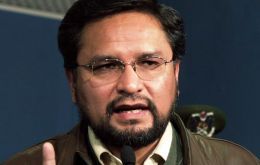
Security ministers from the Union of South American Nations, Unasur, agreed to the creation of a South American Council to Combat Drugs Trafficking, announced Bolivia’s Home Secretary in an official release from La Paz.
-
Wednesday, October 7th 2009 - 05:46 UTC
The only “problem” for a solution in Honduras is Micheletti, says Lula da Silva
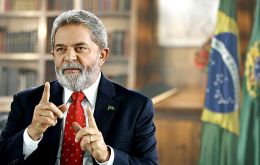
Brazilian President Lula da Silva said Honduras's interim government is illegitimate, and called for de facto president Roberto Micheletti and his administration to step down.
-
Wednesday, October 7th 2009 - 05:42 UTC
Australia breaks G20 monetary trend and raises main interest to 3.25%

Australia has raised its main interest rate to 3.25% from 3%, becoming the first G20 nation to do so as the global economy begins to recover. The move by its central bank was not unexpected as the Australian economy was the only one in the developed world to expand in the first half of 2009.
-
Wednesday, October 7th 2009 - 05:38 UTC
France and Arab countries deny ditching the US dollar in oil market
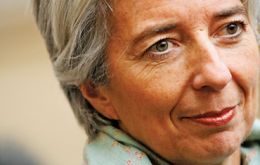
France dismissed on Tuesday as “speculation” a British newspaper report that it was in secret talks with Gulf Arab states, Russia, China and Japan to replace the US dollar with a basket of currencies in trading oil.
-
Wednesday, October 7th 2009 - 05:17 UTC
Gold soars to new all-time record on fears of financial instability

The price of gold has hit a new all-time high of 1,043.77 US dollars an ounce after a decline in the greenback boosted the attractiveness of metals to investors. Copper prices also rose above 6,000 USD a ton, as the weaker dollar made metals cheaper for non-US investors.
-
Tuesday, October 6th 2009 - 23:52 UTC
Chile supermarket industry booming: one new store every three days

Chilean supermarket chain owners –mainly Wall-Mart, Cencosud, Unimarc and Supermercados del Sur –are planning the construction of 125 new supermarkets in 2010--an average of one new store every three days. This will be a 12.5% increase to the current 1,003 supermarkets in the country.
-
Tuesday, October 6th 2009 - 23:31 UTC
Uruguayan farmers planning to plant a record 700.000 hectares of soy beans

Uruguay’s farmland dedicated to soy beans could establish a new expansion record this coming summer: 700.000 hectares. This included the 540.000 currently with wheat and other winter crops.
-
Tuesday, October 6th 2009 - 23:12 UTC
The UN and the OAS: There is a choice to be made
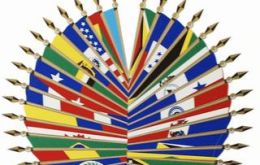
(*) The current crisis in Honduras could have a profound impact on the future of Central American institutions. As hemispheric players invest their prestige and political clout in the final outcome of the standoff between ousted constitutional President Manuel Zelaya and de facto Interim President Roberto Micheletti, it is apparent that the OAS is showing its profound limitations once again, as has often been the case in the past.
-
Tuesday, October 6th 2009 - 11:48 UTC
Chile, Argentina, Uruguay, best places to live in South America, says UN
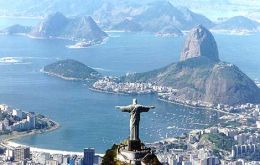
In a report released Monday, the United Nations Human development index ranks Norway as the best place in the world to live. Factors such as life expectancy, literacy, school enrolment, health system and GDP help determine these rankings.
-
Tuesday, October 6th 2009 - 11:46 UTC
Latinamerica’s recovery “very slow” and with “rising unemployment”
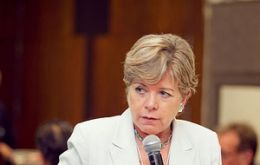
Latinamerica’s recovery will be very show while unemployment keeps a rising tendency, warned on Monday Alicia Barcena, Executive Secretary for the United Nations Latinamerica and Caribbean Economic Commission, Cepal.
